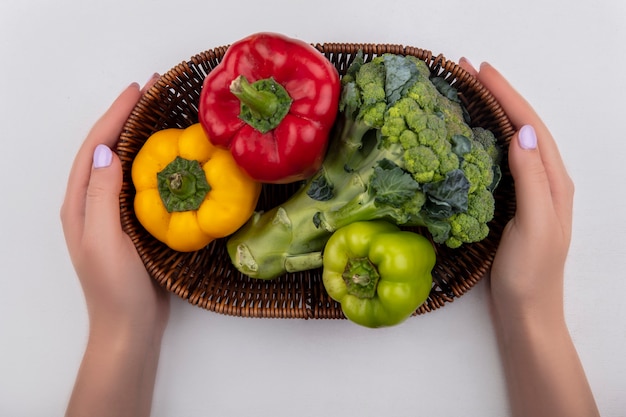
The key to sticking with a nutrition plan is whether it’s sustainable. If it is, you can lose weight and keep it off for good! The sustainability of your diet is crucial, as unsustainable diets lead to yo-yo dieting, harming your metabolism. Here’s what a sustainable diet means to us:
S – Suitable: A diet should fit your lifestyle. It should revolve around your job, family, and friends, not the other way around. Make your nutrition plan work around your life. For example, if you only have time for three sit-down meals, ensure they’re packed with nutrient-dense proteins and veggies to sustain you between meals.
U – Understanding: A sustainable diet is flexible. You shouldn’t have to skip social events like amusement park trips or anniversaries because of your diet. It’s okay to enjoy going out occasionally; just don’t make it a habit. When you do go out, make healthier choices. Understand that sometimes indulging is perfectly fine.
S – Smart: Being smart about your diet means planning ahead. Prepare your lunches a few days in advance and have quick breakfast options like hardboiled eggs and fruits ready to grab in the morning. By filling up on high-quality foods, you’ll be less tempted by junk food.
T – Tasty: Your diet should be enjoyable. If it consists only of baked fish and green veggies, you’ll quickly get bored and might give up. Experiment with healthy foods you like. Whether it’s steak, different veggies, or fruits, your meals can be both healthy and delicious.
A – Attainable: Set realistic goals. Don’t make your diet so difficult that you set yourself up for failure. Keep it practical and easy to follow.
I – Inspire: A sustainable diet not only helps you see results but also inspires others around you. Seeing progress is highly motivating and might encourage those around you to start their own healthy lifestyle.
N – Novel: Your diet should be unique to you. There’s no universal diet plan that works for everyone. Customize your diet based on your metabolic needs and time constraints. For example, if you exercise twice a week, your diet should differ from someone who works out five times a week.
A – Adjustable: Be ready to adjust your diet as needed. If you start losing weight and become more active, you’ll need to tweak your diet. Similarly, if your schedule changes, adjust your eating times and portions accordingly.
B – Benevolent: Your diet should be kind to you. It shouldn’t make you miserable. Enjoying what you eat is essential for longevity in your diet. If you’re unhappy with your current plan, it’s time to change it. Eating healthy can be both easy and enjoyable.
L – Love: Include the foods you love in moderation. If you love ice cream, make sure your diet allows for occasional treats. Denying yourself completely can lead to bingeing.
E – Extended: A true sustainable diet is a lifelong change. It adapts to your changing circumstances, remains enjoyable, isn’t too hard to follow, and continues to inspire you and those around you.
You might think there’s no such thing as a perfect sustainable diet, but it exists and is unique to each individual. Find what works best for you and keep adjusting as necessary. Enjoy your journey toward healthier eating!